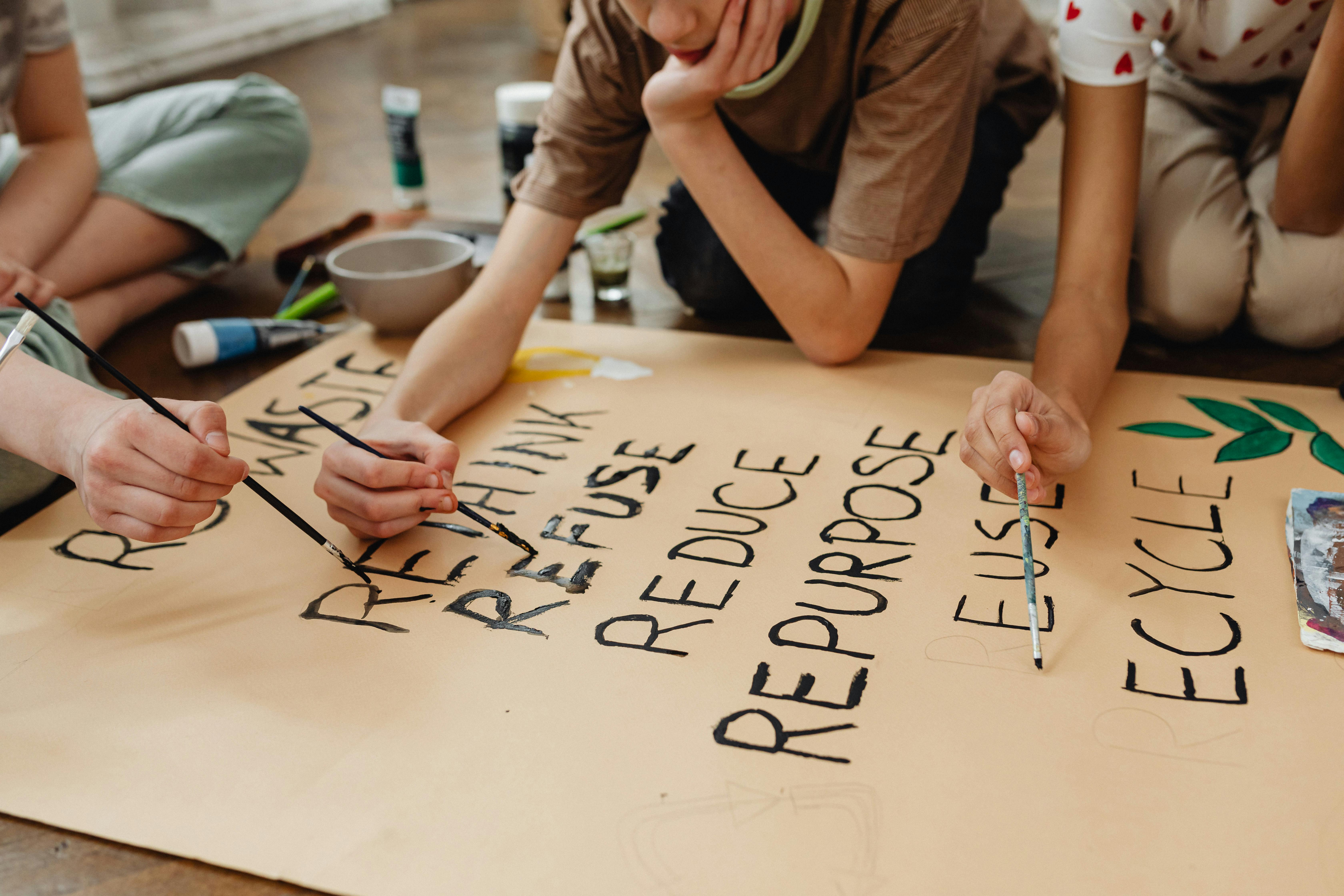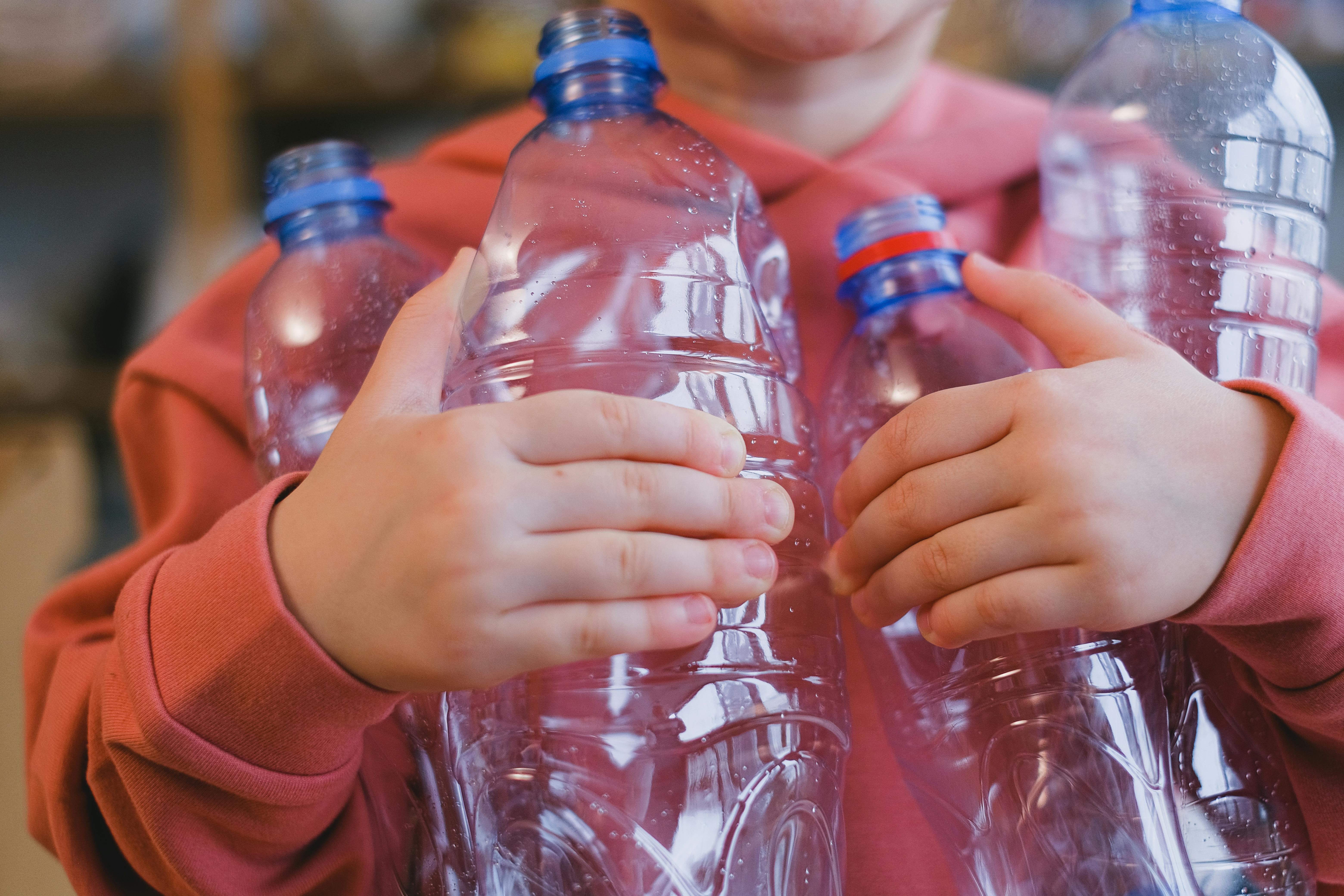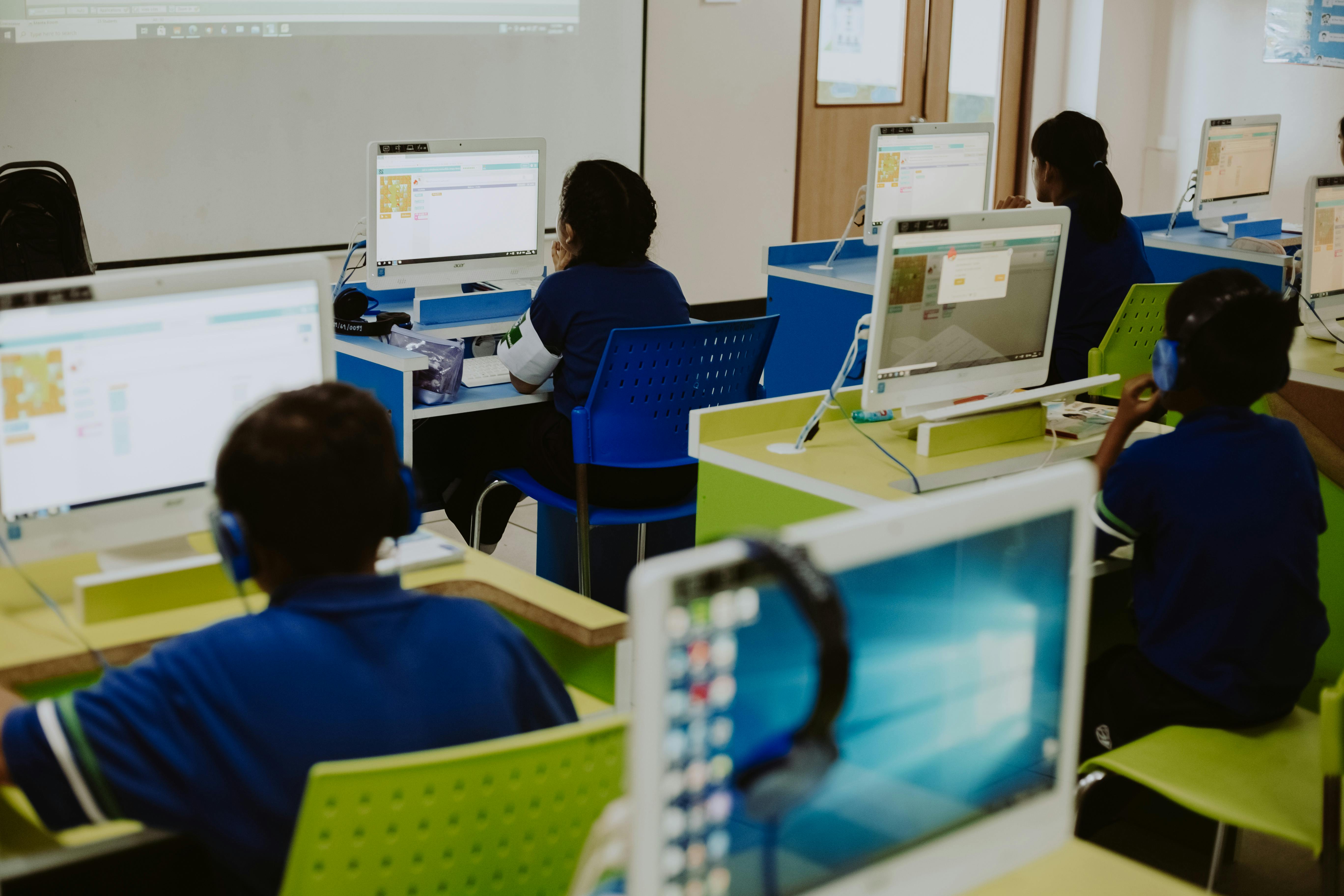Managing school waste can feel like a big job, especially when you’re juggling budgets, timetables and compliance. But here’s the good news: most of the waste schools produce is easy to recycle, and small changes can make a big difference.
With new waste separation rules coming into force across the UK in 2025, now is the perfect time to review your approach to school waste management. Getting organised now means you’ll stay compliant, cut costs and build a greener future for your students.
We’ll focus on two of the biggest waste streams in schools: paper and electronics. You’ll find practical tips, clear rules and easy steps to get started. Whether you’re a business manager, headteacher or sustainability lead, we’re here to help you make recycling work for your school.
Why does school waste matter?
Every year, the average UK primary school produces around 45 kilograms of waste per pupil. That adds up fast, and a huge amount of it could be recycled instead of going to landfill.
In fact, up to 78% of school waste is recyclable or compostable. Paper alone can make up at least a quarter of everything thrown away. From worksheets to packaging, there’s a big opportunity to reduce waste and make smarter choices.
Schools also go through a lot of electronic equipment. When IT kits are replaced, old devices are often left forgotten in cupboards or thrown out unsafely. This creates a growing stream of e-waste that needs special handling.
Better school waste management isn’t simply about providing more recycling bins. It’s a chance to protect the environment, save money, and teach students the value of sustainability. With the right approach, your school can lead by example.

School recycling rules you need to follow
Since March 2025, all schools in England are required to follow new recycling regulations. These rules are part of the Environment Act and require schools to separate certain types of waste from general rubbish.
You will need to separate:
- Paper and cardboard
- Glass
- Metals
- Plastics
- Food waste
These changes are part of wider UK school recycling initiatives aimed at improving sustainability in education. To stay compliant, schools must have the right bins, clear labels, and training for both staff and students.
This may sound like a big change, but it doesn’t have to be difficult. Implementing recycling in schools can be simple with the right help. The risk of not acting includes harming your school’s reputation and even possible penalties for non-compliance.
You can check what good practice looks like by reviewing First Mile’s Recycling Standard, which outlines how to set up effective recycling systems.
If you are not yet ready, you are not alone. Support is available to help you meet the new standards. First Mile offers expert help to review your current system and set up a school recycling program that works for you.
How to recycle paper in schools
Paper is one of the easiest waste streams to manage in schools. From worksheets and letters to packaging and newspapers, paper recycling in schools is a simple place to start.
Begin by placing clearly labelled recycling bins in classrooms, staff rooms and offices. Use posters or colour coding so everyone knows what goes where. You can also link recycling to classroom learning, helping students understand the benefits of recycling paper and electronics in schools.
Teach students and staff what can and cannot be recycled. Clean white paper, leaflets, magazines and cardboard are all good to go. Avoid tissues, greasy paper or food-soiled items.
Cutting back on printing is another simple win. Switch to digital tools where possible and print double-sided if you need hard copies.
For documents with personal information, use secure paper shredding and confidential recycling services. You can even make it fun with student-led paper patrols or classroom competitions to boost engagement and reduce school waste effectively.

How to manage e-waste in schools
Electronic waste, or e-waste, is one of the fastest growing waste streams in schools. From outdated laptops to broken projectors, many items sit unused or end up disposed of incorrectly.
This creates risks. Unsecured disposal can lead to data breaches, environmental damage and non-compliance with recycling regulations for schools. That is why electronics recycling in schools must be handled with care.
Work with a licensed WEEE (Waste Electrical and Electronic Equipment) recycling provider like First Mile. We offer secure e-waste disposal in schools with options for reuse, refurbishment or certified destruction.
Before recycling, remove all data from devices and keep a simple asset log. This protects your school and ensures full compliance with UK school recycling regulations.
Some working equipment can be donated to reuse schemes or local community projects and initiatives. This supports sustainable practices in education and extends the life of useful technology.
Recycling electronics the right way helps protect your data, reduce waste and set a strong example for students.

Getting started with a school recycling program
Starting a school recycling program can feel like a mammoth undertaking, but it is easy when you break it down. With a clear plan and the right support, your school can make a real impact.
Follow these simple steps:
- Audit your current waste setup. What are you throwing away? What is being recycled?
- Identify key priorities such as paper and electronics. These are often the biggest and easiest waste streams to make changes to.
- Set goals. For example, aim to reduce general waste by 25 percent in the first year.
- Assign roles. Facilities managers, eco reps and engaged staff can help lead the change.
- Use posters, assemblies and lesson plans to raise awareness.
- Involve students. Set up a green team, run recycling challenges or launch classroom competitions.
Choosing the right partner is also vital. Look for a provider with experience in school waste management and recycling services. First Mile offers tailored support, compliant collections and tools to educate and inspire your school community.

The benefits of better recycling in schools
Recycling more and wasting less brings real benefits for your school. First, it helps you stay on the right side of the new environmental regulations. By separating your waste properly, you can meet the latest legal requirements with confidence.
Better recycling also lowers costs. The less general waste you produce, the less you pay to dispose of it. Smart school waste management can lead to long-term savings.
It also builds your reputation. Schools with strong recycling programs are seen as leaders in sustainability. This sends a positive message to pupils, parents, governors and the wider community.
Involving students boosts engagement and supports educational waste reduction. Young people learn more about the environment and how to make a difference.
Some schools with dedicated school recycling programs have cut their waste by 20 to 40 percent. With the right support, your school can do the same.
Ready to take the first step?
Managing waste in schools doesn’t need to be hard. By focusing on paper and electronics first, you can make a big impact without adding complexity.
With the 2025 recycling regulations already in place, now is the time to act. However, you don’t have to do it alone. Support is available, and making small changes now can lead to lasting results.
If you also manage waste for a sixth form, college or university, see how we support universities and colleges too.
Want to make school waste simpler? Get in touch to find out how First Mile can help.
FAQs
What are the new school recycling regulations in 2025?
From March 2025, all schools in England must separate paper, glass, metals, plastics and food waste from general waste. This is part of the Environment Act and supports national efforts to boost recycling and reduce landfill.
How can schools recycle old computers and IT equipment?
Work with a licensed WEEE recycling provider. First Mile offers secure collection, data wiping, and certified disposal or reuse options. This helps you stay compliant while protecting sensitive data and the environment.
What types of paper can schools recycle?
Schools can recycle white paper, printed sheets, newspapers, magazines and clean cardboard. Avoid tissue, paper towels and anything with food or grease on it, as these cannot be recycled effectively.
Can students be involved in recycling efforts?
Yes. Students can join eco clubs, lead recycling patrols, take part in waste audits or compete in green challenges. Involving them supports sustainable practices in education and makes recycling part of everyday school life.


